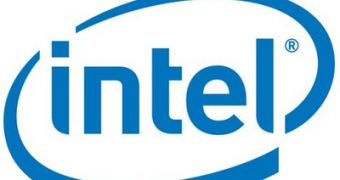The Sandy Bridge collection of CPUs had a sort of drawback in their need for a new chipset and socket design, but it seems this problem will not be shared by Intel's next generation of processors.
Since the Ivy Bridge will succeed the Sandy Bridge at some point in the future, it is not overly surprising to hear that it has already become the subject of reports and rumors.
The main 'issue' with Sandy Bridge was that it did not work on the LGA 1156 socket, meaning that previous-generation motherboards did not support it.
This led to the creation of the P67 and H67 platforms, equipped with the LGA 1155 socket.
It is now revealed that the Ivy Bridge platform, which will succeed Sandy Bridge, will not have the same problem, so to speak.
For those that want a reminder, Ivy Bridge will be built on the 22nm manufacturing process technology and has already been stated to be 20% faster than Sandy Bridge.
Granted, there will be the need for a new BIOS, but, physically, compatibility is assured, at least according to what Fudzilla calls Intel's various partners.
On the other hand, Q65, Q67 and B65 chipsets (the cheaper ones) won't support Ivy Bridge.
This all could be seen as rather ironic, considering the recent, unfortunate development related to the Cougar point chipset itself.
Apparently, there is a design flaw that can lead to the degradation of SATA ports over time, and this problem affected a large number of motherboards from practically every one of the chip maker's partners.
Among the companies that halted motherboard, and even notebook, manufacture and/or began to recall products are HP, NEC, MSI and Puget, among others.
Fortunately, the problem has already been corrected in the new core-logic sets now being made and, starting April, no trace of it should be found on any mainboard.

 14 DAY TRIAL //
14 DAY TRIAL //